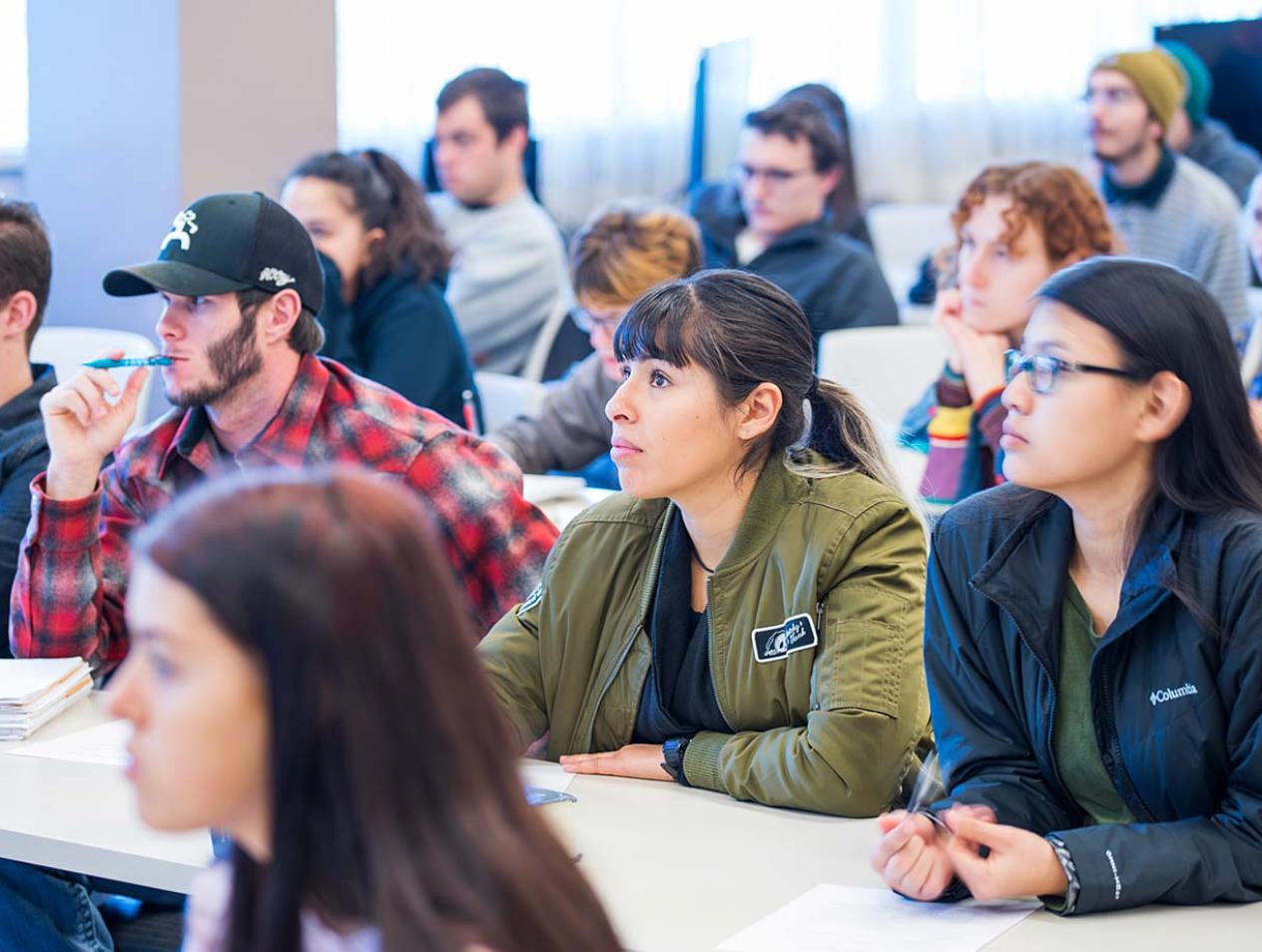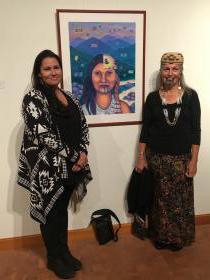Breadcrumb
Department of Native American Studies
A proud tradition, a strong future
Native American Studies at Cal Poly Humboldt is more than an academic discipline. We're a continuation of Indigenous knowledge from time immemorial, presenting a depth of Native American experience from a distinctly tribal perspective. As the first CSU campus to offer a baccalaureate degree in Native American Studies, and still the only program of its kind in the CSU, NAS continues to develop as a stand-alone department, with active input from tribes.
Cal Poly Humboldt is not only a proven leader in serving Native American students in California, but our broad program appeals to non-Native students who are passionate about issues of social justice, sustainable living and natural resource management.
Land Acknowledgement video
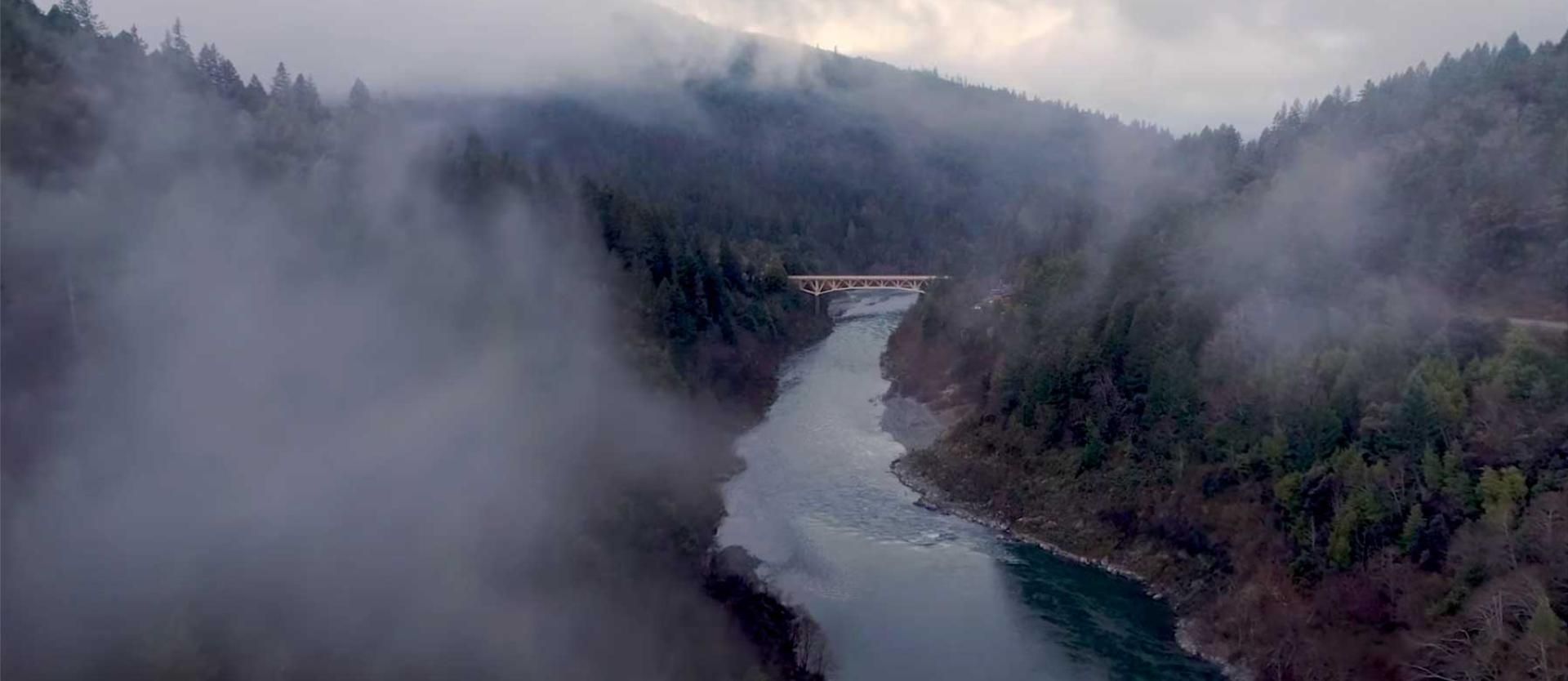
Degree Options
Native American Studies, B.A.
Our curriculum helps students develop a critical perspective as well as cultural breadth through the study of Native American perspectives and worldviews. Students in our program are better prepared for careers by learning how to navigate tribal sovereignty and engage in tribal knowledges.
Native American Studies Minor
Add a minor in Native American Studies to work towards decolonization and Indigenization within any field of study. Choose from one of two emphases: Culture & Community or Law & Policy.
Indigenous Peoples, Natural Resource Use and the Environment Minor
Engage with traditional ecological knowledge, Indigenous science, and Place-Based learning through courses focused on sustainability, environmental science, and environmental justice.
Tribal Leadership Minor
Students interested in careers with tribal, local, state and federal governments will find this minor beneficial. The lower division coursework offers a comparative history of Indigenous peoples in the United States, and upper division courses provide an in-depth analysis of tribal justice systems, tribal governance and federal Indian law.
Among the Redwoods
Humboldt is located on Wiyot land, with 13 federally recognized tribes in the university’s service area. The Wiyot name for this place is Goudi’ni, meaning “among the redwoods”.
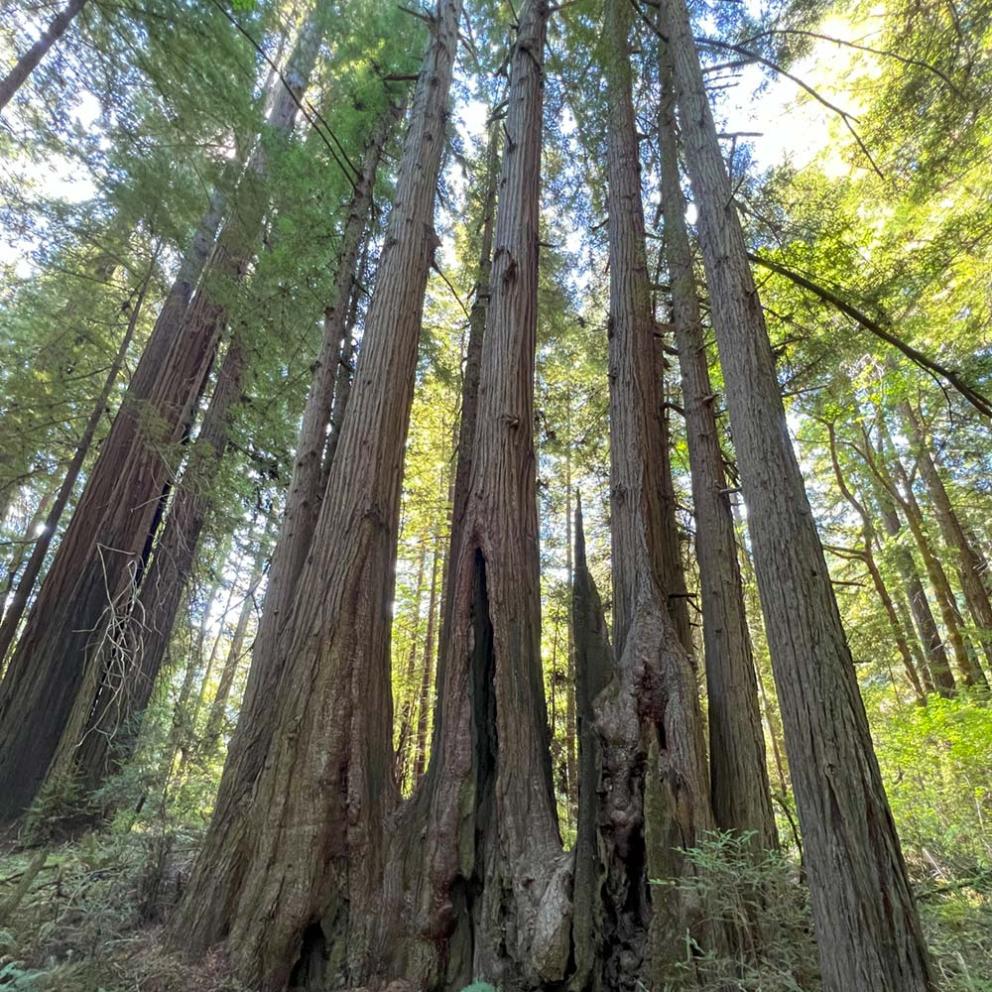
Place-Based Learning
Students in our programs collaborate with and learn from local tribes, embracing Traditional Ecological Knowledge (TEK), Indigenous Science, and Indigenous Sovereignty, which is deeply rooted in the land.
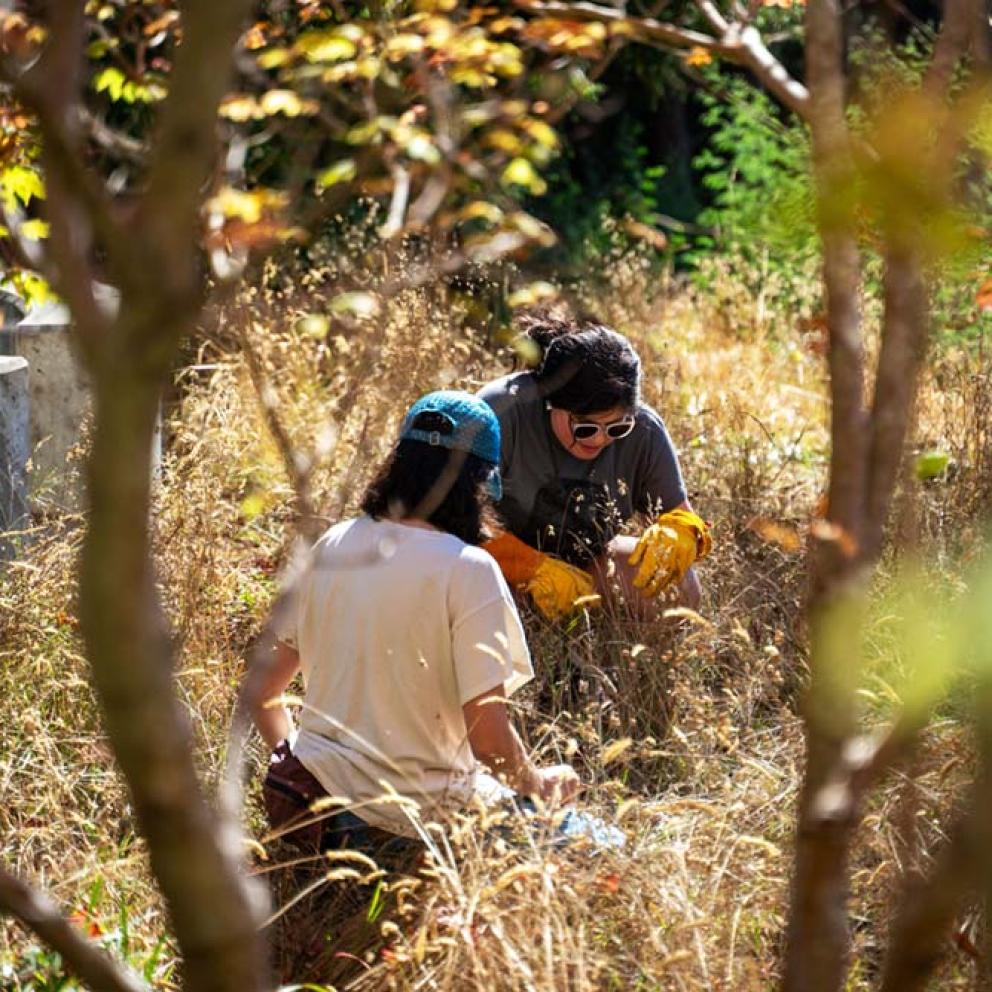
Leaders in Food Sovereignty
Our program is home to the first Food Sovereignty Lab & Traditional Ecological Knowledges Institute, which engages with Indigenous knowledges, environmental management, health, and racial equity all while recognizing our responsibility to Indigenous communities.
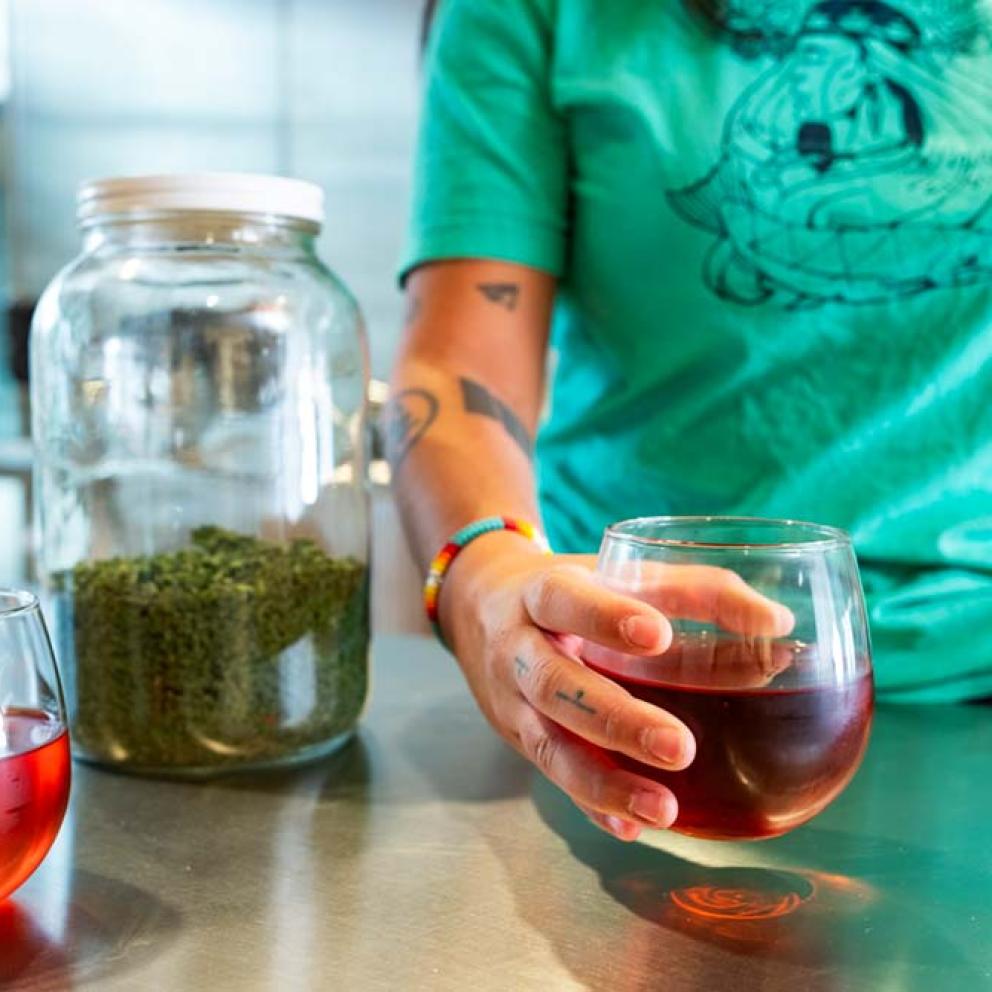
Place-Based Learning Community: People & Planet
As an NAS freshman, you’ll participate in hands-on activities with your peers before classes even start and in some cases, have the opportunity to live in the same residence halls with your peers. NAS students will join four other departments for People & Planet, which focuses on learning how sustainability is local and global, while addressing specific case studies in fields like agriculture, clean energy, and climate justice.
Career Options
A degree in Native American Studies, especially when combined with a minor in a specific field, helps prepare you for graduate school in several social sciences, to teach, and pursue professional careers.
- Cultural resources specialist
- Tribal museum curator
- Environmental Policy Specialist
- Health Education Specialist
- Lawyer
- Linguist
- Tribal Administrator
- Teacher
- Social Worker
- Tribal Liaison
Learn more about Native American Studies at Humboldt
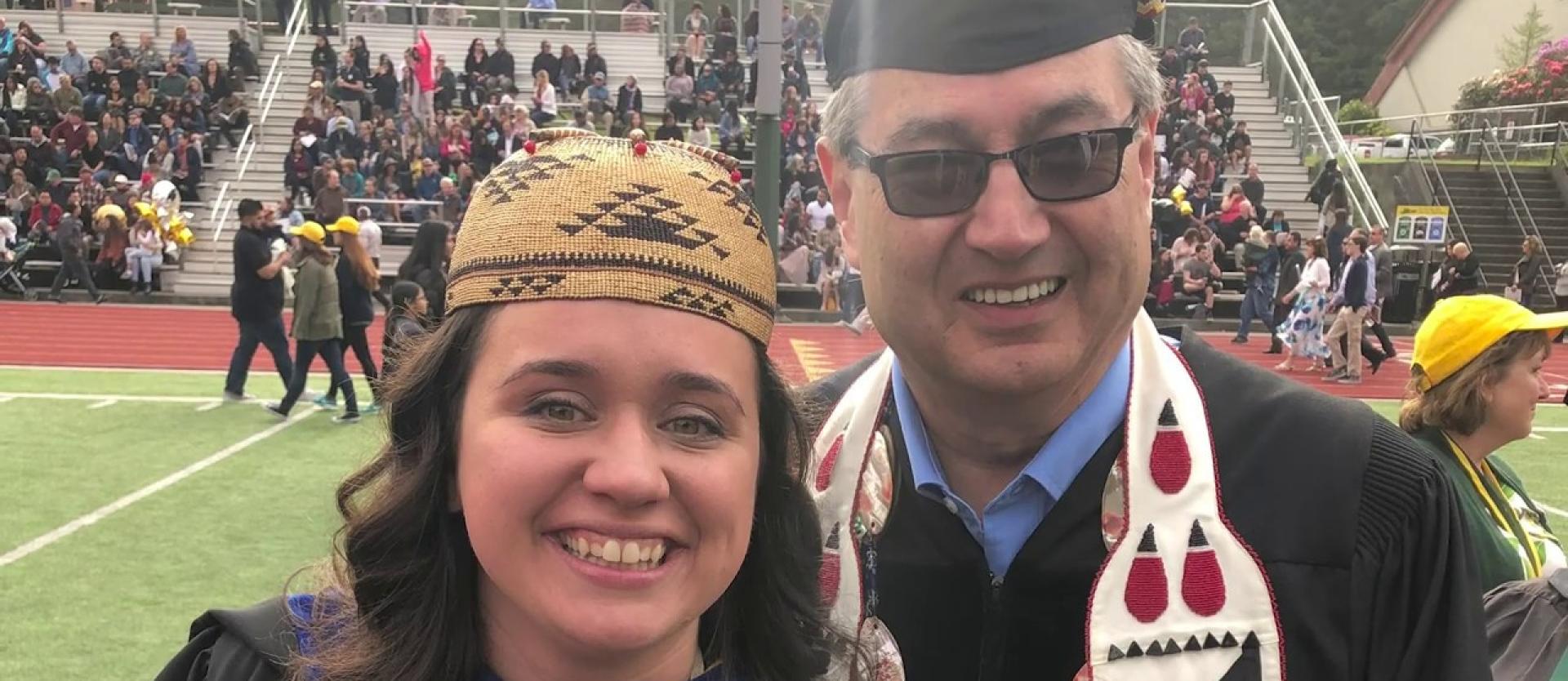
Featured Alumni
Alumni Updates
Sean Berry
Native American Studies, 2014
Sean Berry, Native American Studies, 2014, is a Legal Administrative Specialist for the Northern California Agency of the Bureau of Indian Affairs.
Gordon L. Bussell
Native American StudiesPolitical Science, 2006
Gordon L. Bussell, 2006 Native American Studies, is working to revitalize the Hupa language by teaching teachers in the Early Childhood Program. Bussell is also working to create a first-level immersion program targeting 0-6 year-old children on the Hoopa Reservation. As a Curriculum Specialist, Bussell is charged with implementing and designing all curriculum with the help of one assistant.
Gordon Lester Bussell Indian name is Kigiwh ch
Native American StudiesPolitical Science (Politics), 2006
I work for Owens Valley Career Development Center a tribal consordium. working with revitaization of native languages. I give training on methodogy on both teaching and learning Native Languages. I have been working with up to 8 languages at once under ANA until Sept 2011. presently OVCDC services Paiute (3 dialects), Mono (2 dialects), Wukchumni and Yolumni, Tabatalabal, Kitamuk and Yaqui. I speak a Dene language daily, mostly Hupa and work with Mattole, Wailaki, Bear River, Redwood Creek and Tsenungxwe. I am a Hupa and Mattole Indian and member of the Yurok Tribe. I had 50 or more native teachers of Hupa for a beginning to this knowledge, starting with my Grandfather Clem I. Bussell Sr. and guided by my father Oswald N. Bussell. I used to teach Hupa on the Hoopa Reservation but now work with tribes here (Fresno, Tulare, Kings and Kern Counties) and even present on language methods, at conferences at times (CA Indian Ed. Confer. at H.S.U. most recent presentation). I have worked with a number of linguists over the years as a student and speaker, most notable is Victor Golla at H.S.U.
Kaitlin Reed
Native American Studies
Native American Studies faculty member, Dr. Kaitlin Reed's first book, Settler Cannabis: From Gold Rush to Green Rush in Indigenous Northern California was chosen as the winner of the 16th Annual Labriola National American Indian Data Center National Book Award.
Kaitlin Reed and Cutcha Risling Baldy
Native American Studies
Drs. Kaitlin Reed and Cutcha Risling Baldy received a grant to design and implement professional development opportunities for faculty and staff in the humanities that will provide a pathway for ethical integration of Indigenous knowledge into their teaching, research, and service. These opportunities will include faculty book circles, speaker series, and intensive syllabus workshops, and will lay the groundwork for Cal Poly Humboldt to become a place for faculty from other universities and institutions to look to for models on integrating Indigenous knowledge systems at a university-wide level. Funding comes from the National Endowment for the Humanities.
Dr. Cutcha Risling Baldy
Native American Studies
Dr. Cutcha Risling Baldy, co-director of the Rou Dalgurr Food Sovereignty Lab and Associate Professor of Native American Studies will serve as co-PI on a California Sea Grant project led by the Tolowa Dee-ni' Nation. The recent decline of California’s ghvtlh-k’vsh (kelp) forests directly affects the cultural lifeways and thus health of the Tolowa Dee-ni' Nation. This project will train and certify up to ten Natural Resources Staff and Tribal Citizens of the Tolowa Dee-ni' Nation to conduct both kelp monitoring and restoration efforts, including establishing kelp nurseries and grow-out sites.






